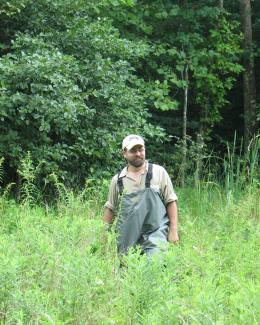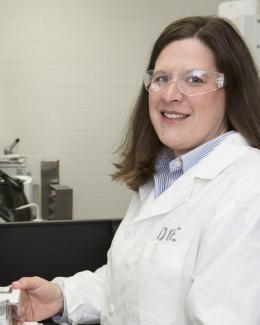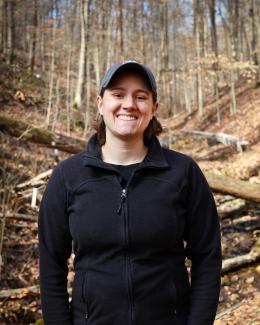Abstract
Peatlands are large carbon sinks with primary production outpacing decomposition of organic matter. Results from the Spruce and Peatland Responses Under Changing Environments (SPRUCE) study show net losses of organic matter and increased greenhouse gas production from peatlands in response to whole-ecosystem warming. Here, we investigated how warming and elevated CO2 impact peat microbial communities and peat soil decomposition rates and characterized microbial communities through amplicon sequencing and compositional changes across four depth increments. Microbial diversity and community composition were significantly impacted by soil depth, temperature, and CO2 treatment. Bacterial/archaeal α-diversity increased significantly with increasing temperature, and fungal α-diversity was lower under elevated CO2 treatments. Trans domain microbial networks showed higher complexity of microbial communities in decomposition ladder depths from the warmed enclosures, and the number of highly connected hub taxa within the networks was positively correlated with temperature. Methanogenic hubs were identified in the networks constructed from the warmest enclosures, indicating increased importance of methanogenesis in response to warming. Microbial community responses were not however reflected in measures of peat soil decomposition, as warming and elevated CO2 had no significant short-term effects on soil mass loss or composition. Regardless of treatment, on average only 4.5% of the original soil mass was lost after 3 years and variation between replicates was high, potentially masking treatment effects. Previous results at the SPRUCE experiment have shown warming is accelerating organic-matter decomposition and CO2 and CH4 production, and our results suggest these changes may be driven by warming-induced shifts in microbial communities.






